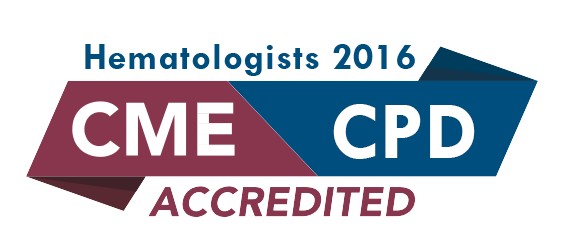
Michael Retsky
Harvard TH Chan School of Public Health, USA
Title: Preventing early relapse in breast cancer: Perioperative NSAID may prevent awakening of dormant single cells and avascular micrometastases
Biography
Biography: Michael Retsky
Abstract
My colleagues and I have been studying a bimodal relapse pattern for breast cancer patients treated with mastectomy. Most relapses occur in the 3 years post surgery and after a lull in the 4th year, a broad period of late relapses extends from 5 to 15 and more years. Similar patterns have been seen in over 21 databases from US, Europe and Asia. We suspect that the host response to surgical wounding produces systemic inflammation that lasts for a week or so (identified by IL-6 in serum). Breast cancer patients can have circulating tumor cells and cancer cells that are dormant perhaps in marrow. Among the many possible results of systemic inflammation, capillaries become permeable and platelets degranulate that have previously sequestered angiogenesis controlling factors. According to our findings, the combination of these situations results in the wave of relapses in the initial 3 years after surgery. The surgery that triggers these events can be primary tumor removal, breast reconstruction or perhaps other such interventions. Based on a retrospective study, perioperative NSAID Ketorolac may reduce relapses by 5-fold in the 9-18 month period after surgery. There is one small randomized trial underway in Belgium and we are anxiously promoting other trials in locations where triple-negative breast cancer (that lack markers for targeted therapy) is common. This population will respond best to this perioperative NSAID therapy that incidentally is inexpensive, non-toxic and administered once just prior to surgery and perhaps over the 4 postoperative days.

